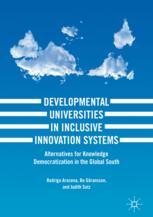

Most ebook files are in PDF format, so you can easily read them using various software such as Foxit Reader or directly on the Google Chrome browser.
Some ebook files are released by publishers in other formats such as .awz, .mobi, .epub, .fb2, etc. You may need to install specific software to read these formats on mobile/PC, such as Calibre.
Please read the tutorial at this link: https://ebookbell.com/faq
We offer FREE conversion to the popular formats you request; however, this may take some time. Therefore, right after payment, please email us, and we will try to provide the service as quickly as possible.
For some exceptional file formats or broken links (if any), please refrain from opening any disputes. Instead, email us first, and we will try to assist within a maximum of 6 hours.
EbookBell Team

5.0
28 reviewsThis book analyzes the current trends in the production, dissemination, and use of knowledge which contribute to social inequalities, especially in the Global South. The aim of the text is to explore the possibilities of active involvement by universities in the democratization of knowledge - a process by which people will be able to more easily acquire and utilize knowledge, as well as the results and benefits of research and development. Combining higher education, research, and knowledge utilization is what universities should be doing. When they efficiently contribute to overcoming inequality and underdevelopment, they may be considered developmental universities. They should not function in solitude with privileged elites alone, but in the context of "inclusive innovation systems."